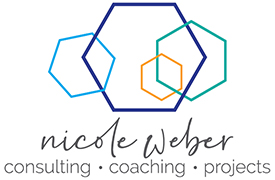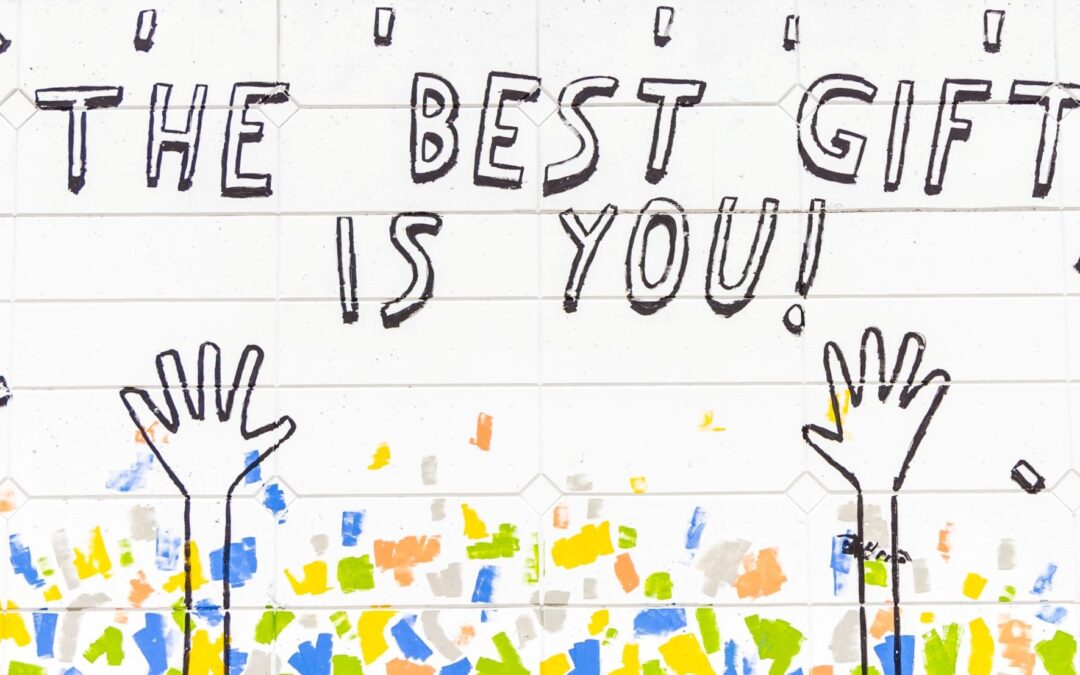Recently I read Adam Grant’s book called ‘Give and Take’ and he writes that people are either givers, takers or matchers. Givers put the interests of others ahead of their own, takers are out for their own interests and matchers try to strike a balance between the two. It got me thinking about where giving can take you at work.
I’m a long-time fan of volunteering. As a kid I sold raffle tickets for the RSPCA (and by the way, it’s surprisingly easy to sell tickets for chocolate hampers to people working in dental surgeries), I helped out in the school library at lunchtime and was part of a peer reading recovery program. I didn’t do it out of any sense of altruism, I was just raised to be useful.
Nowadays I volunteer with the Story Dogs program, which involves me taking a very sweet kelpie to a local primary school each week so that children can read to her. When I tell people about this gig it invariably provokes the same response; “Awwww that’s so lovely!” And it is. It’s downright delightful. And then Covid-19 hit so the dog and I are on the sidelines for a while. That prompted me to join Telecross – I make a daily five-minute phone-call to a person who lives alone (usually an older person) just to check in that they are safe.
I’ve always volunteered – I’ve been on management boards and committees and been a youth mentor. To me, it’s a no-brainer and I’m definitely not alone. The 2016 census showed that 3.6 million Australians over the age of 15 did some sort of volunteer work. That’s around one in five people.
People volunteer for loads of reasons. A lot has to do with their own interests (think community choir or orchid appreciation clubs), or it aligns with family and friends (visiting an aged care centre or managing a kid’s sports team). Apart from the obvious benefits for our social connection to others and the health benefits if you’re doing something physically active, researchers have also discovered a direct link between volunteering and flourishing – that’s a state of peak mental health and wellbeing. From this sort of research, we know that giving our time, skills or knowledge to others, without expecting any return is good for us.
So, what do you do if your time is already maxxed out and there’s just no space to volunteer at the school canteen or join your local Landcare group? When I coach people who want to drive their career forward or in a different direction, I suggest they think seriously about volunteering, but in a really broad way. Volunteering is an amazing networking tool and skill builder. It can also give you a chance to test-drive different career paths before you jump ship from your current role.
When it comes down to it, the definition of volunteering is ‘freely offering to do something’. Here’s three ways to think differently about giving:
- Mentor others – share your knowledge and help people connect to others who can support them in achieving their goals. This could be a new person on the team, a student or someone in a more junior role. I’m grateful to the mentors I have had over the years (and still have) so I’m keen to pay it forward wherever I can. In this Covid-19 space we might need to be a bit more creative in our approach. If you’ve got a workplace communication channel like Slack or Yammer, this is a great place to put the word out and see if you can offer support to others. Otherwise, start to listen attentively to what people are telling you about their dreams and ambitions. Just offering encouragement and support, and actively helping them to connect with the networks and resources you know about can make all the difference.
- Offer to get involved in a project that’s above and beyond your usual role (especially if it’s something you have a real interest in) – it could put you in contact with a totally different group of people and give you a chance to solve challenges you’ve never come across before. You’ll also be able to take that new perspective back to your team and chances are, it’ll re-energise you in your current role.
- Coordinate a knowledge- and skills-sharing hub in your workplace. Every team brings together people with diverse talents. A great way to drive better communication, improved systems and processes and a culture of learning is to regularly share what you know. It might be a regular ‘lunch and learn’ session or something that becomes part of your team meeting. Invite colleagues to share what they know about a particular topic or invite guest speakers in. It doesn’t have to be limited to work topics; it could be anything at all (within the boundaries of your workplace code of conduct).
These are just three ideas – think about what might suit your strengths and your workplace. The key with any giving is not to be a taker disguised as a giver. This means you’re not giving with an expectation of receiving, but instead you’ll be doing it because it’s the right thing to do and in the end everyone, including you will be better for it.
People who are genuinely givers are happy to get help when they need it, and are on the lookout for opportunities to pay it back and pay it forward. So, if you’ve been thinking about volunteering but it all felt too hard, maybe look a little closer to home (or work as the case may be) and see where you can make a difference. It’s not only good for your career but it’ll help you flourish too!


Recent Comments